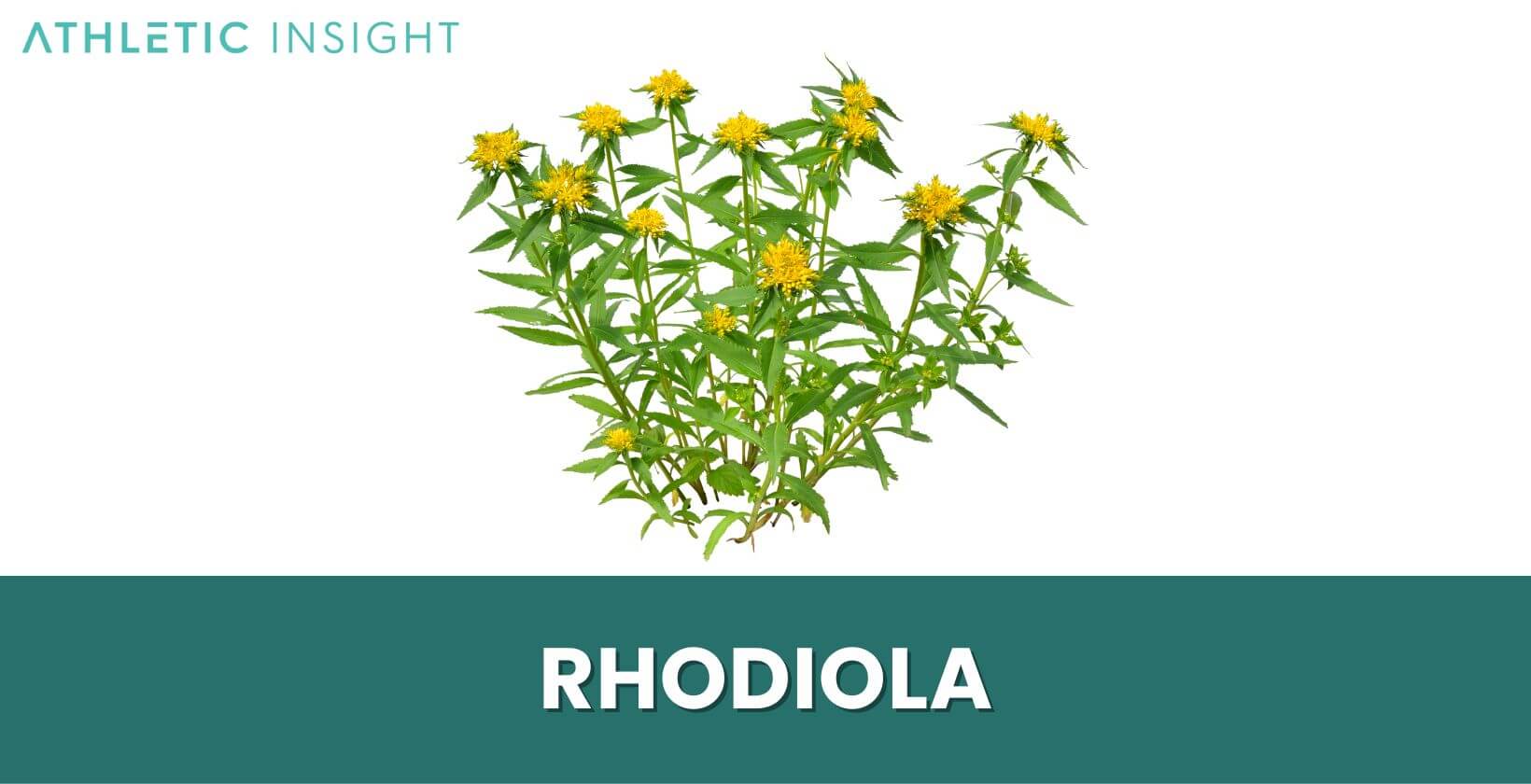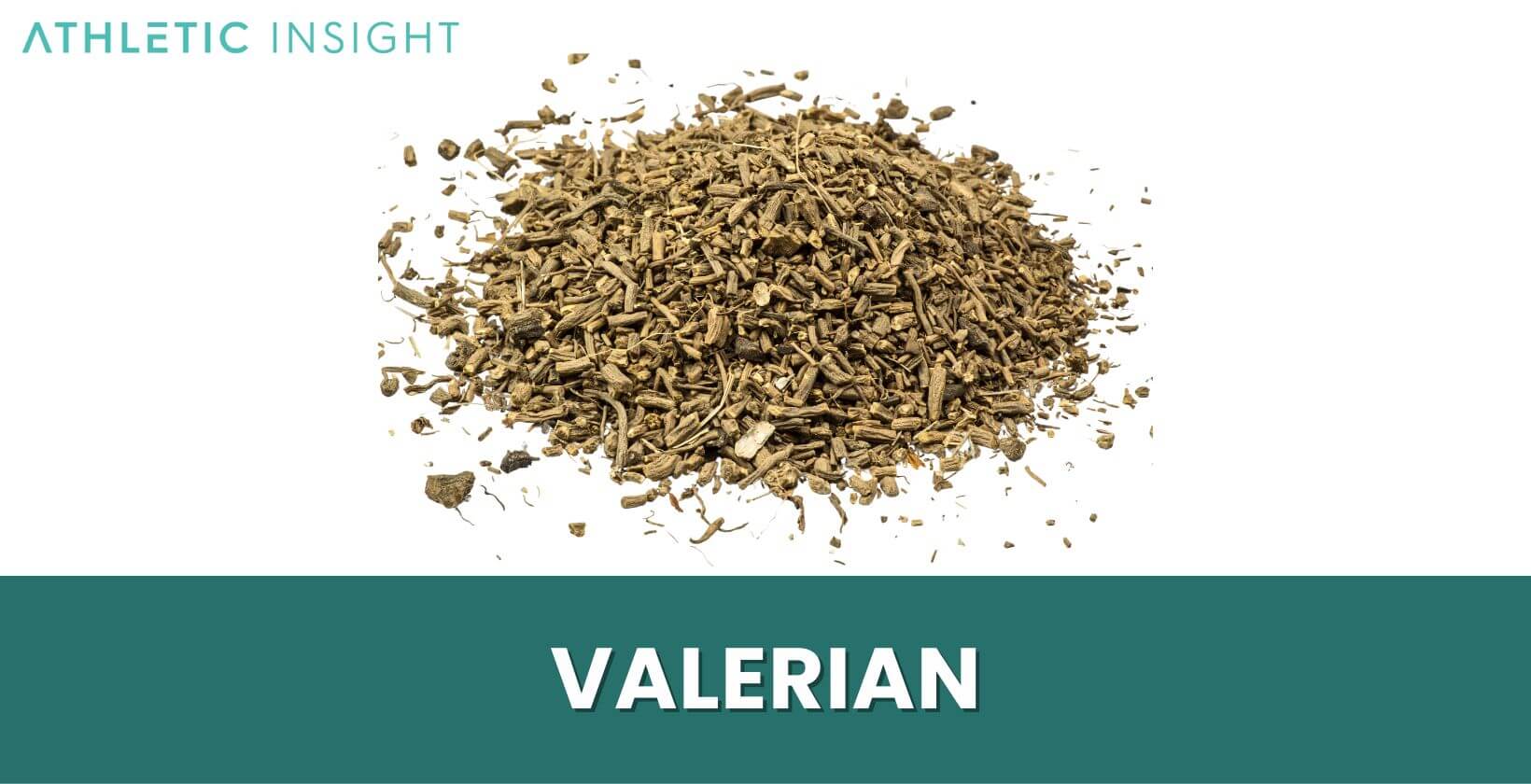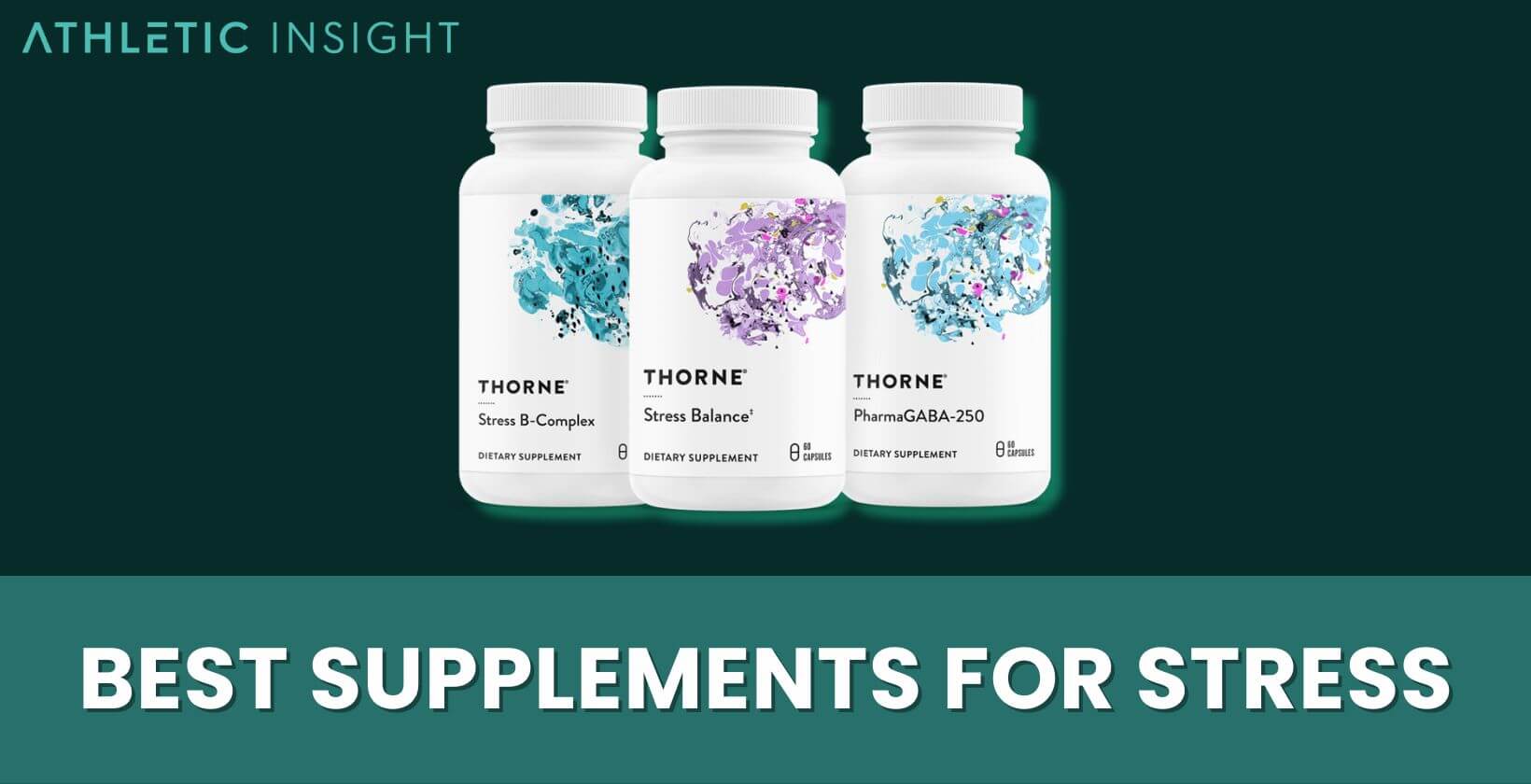In today’s fast-paced world, stress has become an unwelcome companion for many. As we navigate through the complexities of modern life, finding natural and effective ways to manage stress is crucial. Supplements, when used judiciously, can offer a helping hand in mitigating the physiological and psychological impacts of stress. This article dives into the topic of supplements that have shown promise in supporting stress relief, outlining their usage, benefits, and key considerations.
From adaptogenic herbs like Ashwagandha to essential minerals such as Magnesium, the spectrum of supplements for stress is wide and varied. Each supplement comes with its unique set of features and potential benefits, including improved sleep, enhanced mood, and reduced anxiety levels. When discussing supplements, it’s important to understand their effects, possible side effects, and how they can be incorporated into your daily routine for optimal stress management.
1. Ashwagandha
Ashwagandha, a cornerstone of herbal medicine, offers a multifaceted approach to stress management. Known for its adaptogenic properties, it helps the body manage and adapt to stress more effectively. Other benefits include reduced cortisol levels, enhanced mental clarity, and improved energy levels.
While generally well-tolerated, side effects can occur in sensitive individuals, including mild gastrointestinal issues. Usage typically involves daily doses ranging from 300 to 500 mg. Popular brands include Himalaya, Gaia Herbs, and Organic India, with costs varying by brand and dosage form. When choosing Ashwagandha, opt for standardized extracts for consistent potency.
2. L-Theanine
L-Theanine, an amino acid found predominantly in green tea, is renowned for its calming effects without sedation. It enhances alpha brain waves, promoting relaxation and focus. Benefits of L-Theanine also extend to improved sleep quality and decreased anxiety.
The side effects of L-Theanine are rare but may include headaches or dizziness at high doses. If you are following the standard usage of 100 to 200 mg daily, these side effects should not be experienced.
Trusted brands include Suntheanine by Sports Research, NOW Foods, and Thorne. Prices vary, reflecting the purity and formulation of the product. Lastly, L-Theanine can be a valuable tool for those seeking a gentle, non-habit-forming stress reliever.
3. Magnesium
Magnesium plays a pivotal role in over 300 enzymatic reactions in the body, including those involved in the stress response. Its calming effect on the nervous system makes it a popular choice for stress management.
Benefits of magnesium include muscle relaxation, improved sleep, and reduced symptoms of anxiety and depression. Side effects, such as gastrointestinal discomfort, are associated with high doses. Daily recommendations can vary, but 200-400 mg is the most common starting point.
Notable brands that sell the best magnesium include Thorne, Nature’s Bounty, Doctor’s Best, and Natural Vitality. You’ll want to stick with a trusted and well-vetted bramd such as the aforementioned businesses. Lastly, Magnesium’s cost-effectiveness adds to its appeal as a stress-management supplement.
4. Melatonin
Melatonin, primarily known as the sleep hormone, plays a crucial role in regulating sleep cycles, but its benefits extend to stress relief by improving sleep quality and duration. Proper sleep is paramount in managing stress levels, as it allows the body and mind to recover and regenerate. While melatonin is naturally produced by the body, supplementation can aid those with irregular sleep patterns or insomnia, often stress-induced conditions.
Typical usage involves taking 1 to 5 mg before bedtime, although starting at the lower end of this range is recommended to assess tolerance. Side effects may include drowsiness upon waking, vivid dreams, or mild headaches.
Brands like Natrol, Nature Made, and Zarbee’s offer various formulations, including fast-dissolve tablets and gummies, with costs varying based on dosage and quantity. When considering melatonin, it’s crucial to note its role as a sleep aid rather than a long-term stress management solution, emphasizing its use in alignment with natural circadian rhythms.
5. Rhodiola
Rhodiola Rosea, another adaptogen, is esteemed for its capacity to enhance resilience to stress, fatigue, and anxiety. By influencing the levels and activity of serotonin and dopamine, it offers a balanced approach to improving mood and energy. This herb’s adaptogenic nature makes it particularly effective during periods of acute stress or high mental and physical demand.

Benefits of Rhodiola include improved endurance, mental performance, and a reduction in stress-induced burnout. Usual dosages range from 100 to 600 mg daily, taken in the morning to avoid potential interference with sleep. Side effects are generally rare but can include dizziness or dry mouth at higher doses. Seek brands that provide third-party testing for purity, such as Thorne, NOW Foods, Gaia Herbs, and Nordic Naturals.
The cost of Rhodiola supplements can reflect sourcing and extraction quality, which are critical for achieving the desired therapeutic effects. Awareness of its stimulatory effects is vital to tailor intake to individual tolerance levels and avoid exacerbating any underlying anxiety or insomnia.
6. Lemon Balm
Lemon Balm, with its gentle sedative properties, offers a soothing remedy for nervous tension and anxiety, components often intertwined with stress. This herb acts on the GABA receptors in the brain, a mechanism similar to that of pharmaceutical anxiolytics but without the accompanying side effects.

The benefits of Lemon Balm include improved relaxation, reduced anxiety, and enhancement of mood. It can be particularly beneficial in the evenings to prepare the body and mind for sleep. Side effects are uncommon but can include mild stomach upset or potential sedation when taken in large doses.
Lemon Balm is available in various forms, including teas, capsules, and tinctures, with reputable brands like Traditional Medicinals, Nature’s Way, and Herb Pharm offering high-quality options. The cost is generally affordable, making Lemon Balm an accessible option for those seeking a natural stress reliever. Usage advice often suggests starting with lower doses to gauge individual response, especially when combined with other supplements or medications that affect the central nervous system.
7. Valerian
Valerian root, known for its tranquilizing effect, has been used for centuries as a remedy for insomnia, anxiety, and the physical manifestations of stress, such as muscle tension. It enhances the signal of GABA, promoting relaxation and facilitating sleep. The dual-action of easing both mental and physical symptoms of stress positions Valerian as a valuable supplement in stress management protocols.

Common benefits include improved sleep quality, decreased anxiety, and relaxation of muscle tension. Side effects might include drowsiness, dizziness, or occasionally an upset stomach, especially in sensitive individuals. Valerian is typically taken in the evening, with dosages ranging from 400 to 900 mg.
Brands such as Thorne, Nature’s Answer, Solaray, and Nature’s Bounty are recognized for their quality and have been subject to third-party testing. The cost of Valerian supplements can vary, though it remains a cost-effective solution for stress and sleep disturbances. Given its potent effects, starting with a low dose to assess tolerance is prudent, especially for those new to herbal supplementation.
What are the most effective supplements to reduce stress?
The efficacy of stress-reducing supplements can vary based on individual needs, biochemical makeup, and the nature of the stress experienced. However, adaptogens like Ashwagandha and Rhodiola Rosea are widely recognized for their ability to improve the body’s resistance to stress, while amino acids such as L-Theanine offer a calming effect without sedation.
Magnesium plays a critical role in relaxing the nervous system, making it a foundational supplement for stress management. Melatonin can be particularly effective for stress related to sleep disturbances.
The effectiveness of these supplements is enhanced when combined with a balanced diet, regular physical activity, and mindfulness practices. Quality and formulation also significantly influence their efficacy, highlighting the importance of choosing reputable brands.
Does Magnesium Help with Stress and Lower Cortisol Levels?
Magnesium’s contribution to stress reduction and cortisol regulation is profound. As a natural relaxant, it exerts a calming influence on the nervous system, facilitating a state of relaxation and promoting enhanced sleep quality. This, in turn, aids significantly in diminishing stress levels. The assertion of magnesium’s effectiveness in managing stress and cortisol is not speculative but rather grounded in rigorous scientific inquiry.
How Much Magnesium Per Day for Anxiety?
A daily dosage ranging from 200 to 350 mg of magnesium is recommended for individuals seeking to mitigate anxiety. This recommendation is informed by both nutritional guidelines and empirical research, designed to complement both dietary sources of magnesium and the specific health requirements of the individual.
How Long Does It Take for Magnesium to Work for Anxiety?
The temporal dynamics of magnesium’s anxiolytic effects can exhibit variability, with some individuals reporting noticeable improvements in anxiety symptoms within days, while others may observe benefits over several weeks. This variance is reflected in clinical study outcomes, which highlight a spectrum of response times to magnesium supplementation, indicative of its subjectively experienced efficacy.
Does Melatonin Help with Stress and Relax You?
Melatonin, beyond its primary function in regulating sleep cycles, offers considerable stress-relieving benefits. Its efficacy in improving sleep quality directly correlates with its capacity to alleviate stress, making it particularly beneficial for individuals whose stress is exacerbated by sleep-related disturbances. This relationship between melatonin, stress reduction, and relaxation is well-established within the scientific community, underscoring its role in comprehensive stress management regimens.
How Long Does Rhodiola Stay in Your System?
Following ingestion, Rhodiola Rosea’s active compounds are metabolized over a span of four to six hours. Its therapeutic virtues, particularly in enhancing stress resilience and recovery, accrue cumulatively with regular administration, a fact supported by pharmacokinetic research. This underscores the importance of consistent supplementation for achieving optimal benefits.
How Much Ashwagandha Per Day for Anxiety?
For the amelioration of anxiety, a daily intake of 300-500 mg of Ashwagandha is advocated. This dosing guideline is anchored in clinical research, which delineates a balance between maximizing therapeutic outcomes and minimizing the likelihood of adverse effects, thereby optimizing the supplement’s safety and efficacy profile.
What should you look for in the best stress supplements?
In selecting stress supplements, prioritize products with high-quality, clinically studied ingredients. Look for supplements that are free from unnecessary fillers, artificial colors, and preservatives. Certifications from third-party organizations, such as USP or NSF, can provide assurance of quality and purity.
Also, consider supplements that target your specific stress symptoms, whether they are physical, such as muscle tension and headaches, or psychological, like anxiety and restlessness. Adaptogenic herbs are suited for long-term use, while other supplements might be taken as needed. Transparency from brands regarding sourcing and manufacturing processes can also guide your selection, ensuring you choose supplements that align with your health goals and values.
Can anyone use stress supplements?
No, while stress supplements can offer significant benefits, they are not suitable for everyone. Pregnant or nursing women, children, and individuals with certain health conditions or those taking medication should consult a healthcare professional before use.
Some supplements may interact with prescription medications, including antidepressants, anxiolytics, and sedatives, potentially altering their effectiveness or leading to adverse effects. Personal health history, including allergies and sensitivities, should also be considered to avoid negative reactions. Tailoring supplement choices to individual health profiles and needs is crucial for safety and efficacy.
Do stress supplements give relief?
Yes, many individuals report significant relief from stress symptoms using dietary supplements. The key to their effectiveness lies in selecting the right supplement for your specific needs and using it as part of a comprehensive stress management plan.
It’s important to set realistic expectations, as supplements can enhance well-being and resilience to stress but are not a cure-all. Consistency in use, alongside lifestyle modifications such as improved sleep habits, stress reduction techniques, and regular physical activity, can amplify the benefits of stress supplements, leading to noticeable improvements in overall stress levels and quality of life.
What are Stress Supplements?
Stress supplements are dietary supplements designed to support the body’s ability to cope with stress. They can include a wide range of ingredients, from minerals like magnesium to herbal extracts such as Ashwagandha and L-Theanine.
These supplements work through various mechanisms, such as supporting the adrenal system, enhancing sleep, reducing cortisol levels, and promoting a sense of calm. By addressing both the physical and psychological aspects of stress, these supplements aim to restore balance and improve the body’s resilience to stressors.
How to choose the best Stress Supplements?
Choosing the best stress supplements involves assessing your stress-related symptoms, researching potential interactions with any current medications, and considering your overall health goals. Look for supplements with clinical evidence supporting their use for stress relief and those with high-quality, natural ingredients. Reading reviews and testimonials can provide insights into the experiences of others, but personal experimentation may be necessary to find the most effective supplement for your needs.
Where can I purchase Stress supplements?
Stress supplements are widely available at health food stores, pharmacies, and online retailers. Purchasing from reputable sources is crucial to ensure the quality and authenticity of the product. Online retailers often provide extensive product information, reviews, and competitive pricing, but it’s important to verify the reliability of the seller.
Some brands sell directly from their websites, offering detailed information about sourcing, manufacturing practices, and quality assurance processes. When purchasing supplements, consider the brand’s reputation, transparency, and customer support to make an informed decision.
What factors should be considered when taking stress supplements?
When incorporating stress supplements into your routine, consider dosage, timing, and potential interactions with other supplements and medications. Starting with the lowest effective dose and gradually adjusting based on your response can help minimize side effects. Timing is also crucial, especially for supplements that may affect sleep or energy levels.
Keep a journal to track your experiences, including any changes in stress levels, sleep quality, and overall well-being. Regularly reassess your need for the supplement, as stress levels and health conditions evolve. Ultimately, stress supplements should be one component of a holistic approach to stress management, complemented by a healthy lifestyle and stress-reduction techniques.
What are the other benefits of stress supplements?
Beyond their immediate impact on stress and anxiety, many stress supplements offer additional health benefits. For example, adaptogens like Ashwagandha and Rhodiola can improve energy levels and cognitive function. Magnesium supports bone health, muscle function, and cardiovascular health.
Also, L-Theanine can enhance focus and cognitive performance, while melatonin supports immune function in addition to its sleep-regulating effects. These ancillary benefits underscore the multifaceted role that stress supplements can play in promoting overall health and well-being, making them a valuable addition to a comprehensive wellness regimen.
What Can Help with Stress?
Combatting stress effectively entails a holistic strategy that includes engaging in regular physical activity, practicing mindfulness meditation, ensuring adequate sleep, and maintaining a nutritionally balanced diet. Supplemental support through magnesium, omega-3 fatty acids, and herbal interventions like ashwagandha further bolsters this approach, with their efficacy in stress mitigation well-documented across numerous scientific studies.



